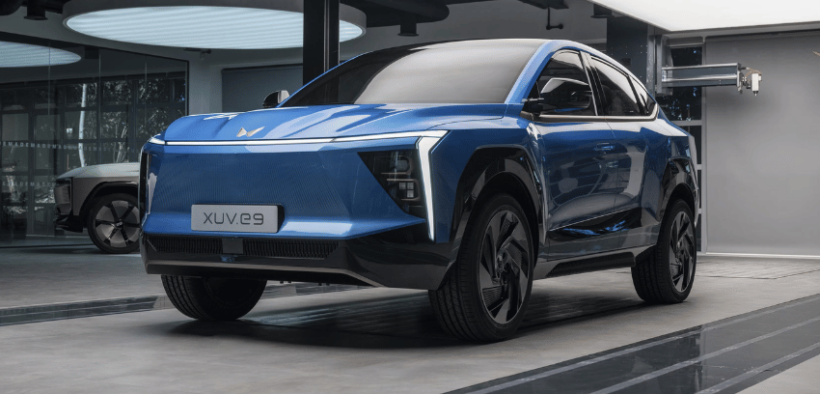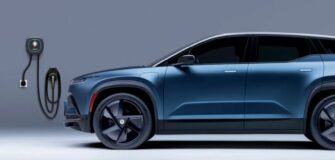Driving Green: A Closer Look at the Environmental Benefits of Electric Cars

The increasing concern about climate change and the depletion of fossil fuels has propelled the automotive industry to explore more sustainable alternatives. Among these alternatives, electric cars have emerged as a leading contender, promising a significant reduction in environmental impact compared to their gasoline-powered counterparts. As the world seeks cleaner transportation solutions, it’s important to delve into the environmental benefits that electric cars offer.
Zero Tailpipe Emissions: Air Quality Improvement
One of the most immediate and noticeable environmental benefits of electric cars is their lack of tailpipe emissions. Internal combustion engine vehicles emit a cocktail of pollutants, including nitrogen oxides, particulate matter, and carbon monoxide, which contribute to air pollution and adverse health effects. In contrast, electric cars produce zero tailpipe emissions, helping to improve local air quality and reduce the incidence of respiratory illnesses in urban areas. This reduction in air pollution can lead to lower healthcare costs and an overall enhancement in the quality of life for city dwellers.
Lower Greenhouse Gas Emissions: Combatting Climate Change
Electric cars also play a vital role in addressing the global challenge of climate change. The transportation sector is a major contributor to greenhouse gas emissions, primarily in the form of carbon dioxide (CO2). Electric cars produce significantly fewer CO2 emissions compared to their gasoline counterparts, even when considering the emissions generated during electricity generation.
The environmental benefit of electric cars largely depends on the energy sources used for electricity production. In regions where electricity is generated from renewable sources like wind, solar, and hydroelectric power, electric cars offer a nearly carbon-neutral driving experience. Even in areas where electricity is derived from a mix of sources, the emissions associated with electric cars are still lower on average than those of conventional vehicles.
Energy Efficiency: Maximizing Resource Utilization
Electric cars are inherently more energy-efficient than internal combustion engine vehicles. Traditional gasoline engines are relatively inefficient, with a significant portion of the energy generated from burning fuel being lost as waste heat. On the other hand, electric cars convert a higher percentage of the energy from the grid into actual vehicle movement.
Moreover, advancements in electric vehicle technology, particularly in battery efficiency and regenerative braking systems, have further improved energy utilization. This increased efficiency translates to reduced demand for resources and decreased overall energy consumption.
Reduced Noise Pollution: Quieter Streets
Beyond the emissions-related benefits, electric cars contribute to a quieter and more serene urban environment. The near-silence of electric motors contrasts sharply with the constant rumble of internal combustion engines. This reduction in noise pollution can have positive effects on mental well-being and create more pleasant living spaces in cities.
Sustainable Materials and Manufacturing Practices
The environmental advantages of electric cars extend beyond their operation to their entire lifecycle, including manufacturing and end-of-life disposal. Many electric car manufacturers are investing in sustainable materials for vehicle production, opting for recycled and renewable materials to minimize the environmental impact.
Additionally, as electric cars become more commonplace, recycling programs for their batteries are being developed. While concerns about battery disposal have been raised, the industry is actively working on recycling solutions to recover valuable materials and minimize waste.
Conclusion
The environmental benefits of electric cars are clear and far-reaching, spanning from local air quality improvements to global efforts to combat climate change. As technology continues to evolve, electric cars are becoming more accessible, efficient, and capable of longer ranges. With the ongoing expansion of renewable energy sources, the environmental advantages of electric cars are expected to grow even stronger.
However, it’s important to note that a complete transition to electric vehicles requires collaboration among governments, industries, and consumers. Policymakers need to provide incentives for EV adoption, manufacturers need to continue innovating and improving technology, and consumers need to make informed choices about their vehicle purchases.
As the world continues to recognize the urgency of transitioning to sustainable transportation options, electric cars stand as a beacon of hope for a greener and more environmentally conscious future.









